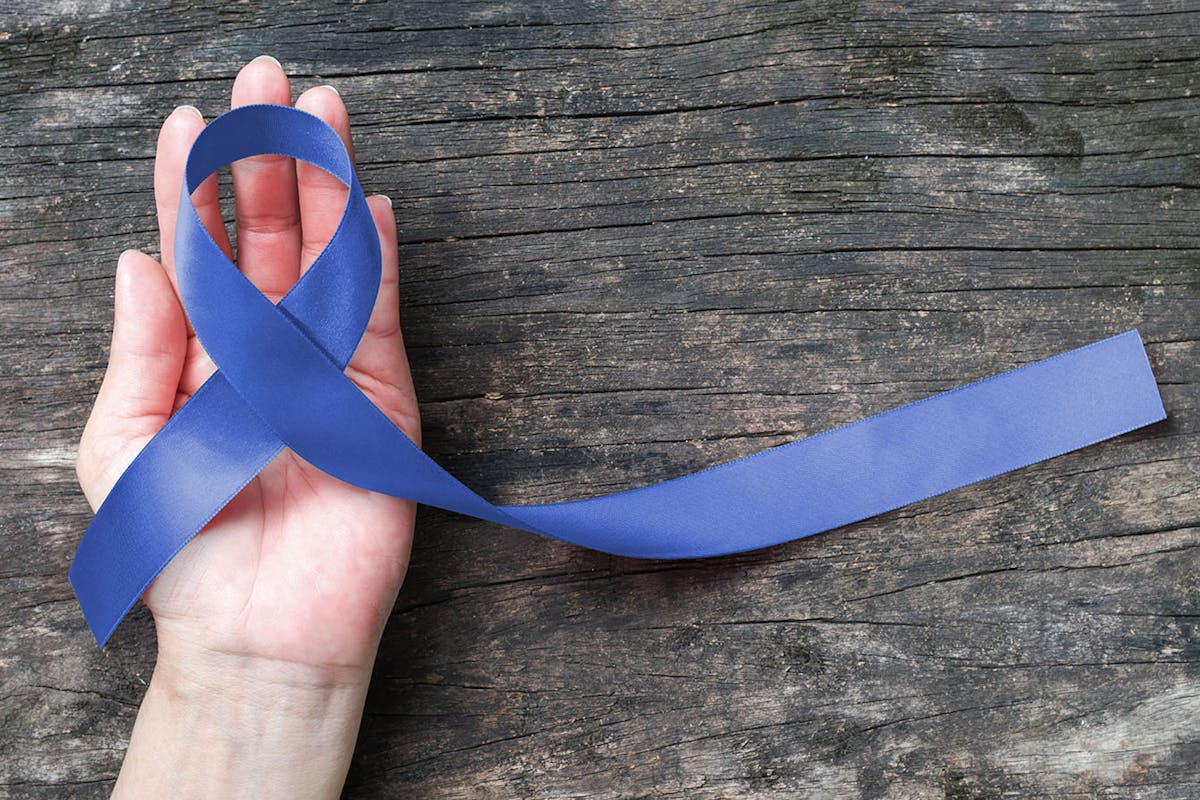Can Dietary Choices Affect Your Risk for Colorectal Cancer?

Could your diet be putting you at increased risk for colon cancer? With a projected 104,270 new cases of colon cancer in 2021 in this country, it’s an important question. Unfortunately, as is true of many types of cancer, the answer isn’t a simple one.
While we know that genetics play a role in whether or not you will develop colon cancer, research seems to indicate that diet can, too. Studies show that vegetarians experience lower rates of colon cancer than the general public—so much lower that a healthy diet might be one of the best prevention steps you can take.
What kinds of foods should you eat, and which ones do you need to avoid? In honor of National Colorectal Cancer Awareness Month, we’ve put together some dietary dos and don’ts to consider when planning daily menus.
Choices That Lower Your Risk for Colon Cancer
First, let’s get the bad news out of the way. If your lifestyle includes following a traditional Western diet, you might need to make some sizable changes. Foods believed to increase the risk for colon cancer include:
- High-fat foods: Studies show that a high-fat diet, one that consists of 30% to 50% fat, likely produces more intestinal stem cells. It can also cause other cells to behave like stem cells. Stem cells and stem-like cells are linked to higher incidences of intestinal tumors, which can go on to become tumors associated with colon cancer.
- Red meat: Another staple in many Americans’ diets is red meat. Burgers and steaks are popular mealtime choices, but they can increase your odds of developing colon cancer. While you likely won’t have to give them up entirely, cutting back to once or twice a week can help protect you from this often-deadly form of cancer.
- Sugary treats: Cakes, cookies, soft drinks, and other sugar-laden treats can be hard to resist. But they are also linked to greater incidences of colon cancer. It isn’t clear whether the sugar itself is the culprit, or the fact that people who overindulge are less likely to eat enough fruits and vegetables. Whatever the cause, stepping back from foods high in sugar is another way to reduce your risk.
- Alcohol: While many people know that over consuming alcohol can put your liver at risk, few realize that alcohol is linked to many forms of cancer, one of which is colon cancer. Researchers say the evidence is clear that people who drink too much alcohol, as defined by more than one drink a day, have a greater likelihood of developing colon cancer.
Fortunately, there’s equally strong evidence to suggest that some foods have superpowers when it comes to keeping your colon healthy. The foods you should work in to your diet include vegetables, fruit, and fiber (i.e., whole grains and flaxseeds). Diets that are rich in vitamin D and omega-3, both of which help boost the immune system while reducing inflammation, are also linked to better colon health.
Start the Day Off Right
One tip for adhering to a diet that’s best for your overall well-being is to start the day off right. Exercise in the morning so you aren’t tempted to skip it if you are tired later in the day. Eat a healthy breakfast so you are less likely to reach for sugary treats mid-morning. Read 5 Healthy Breakfast Options for Seniors for some ideas for making the most of your mornings!